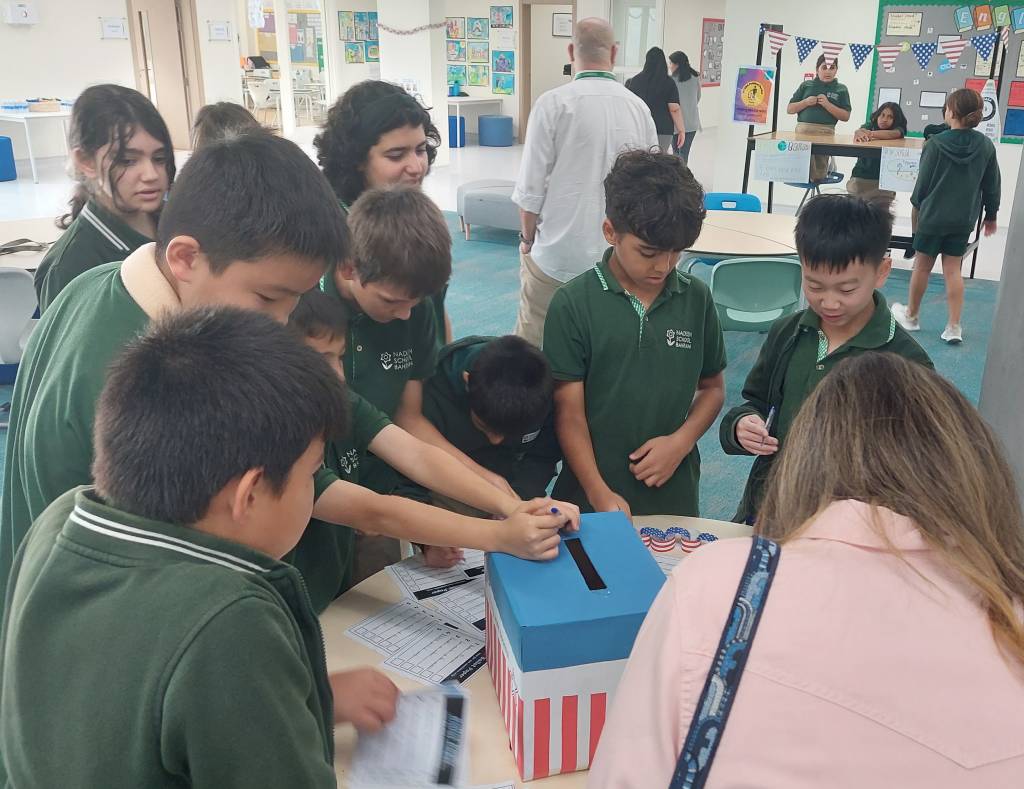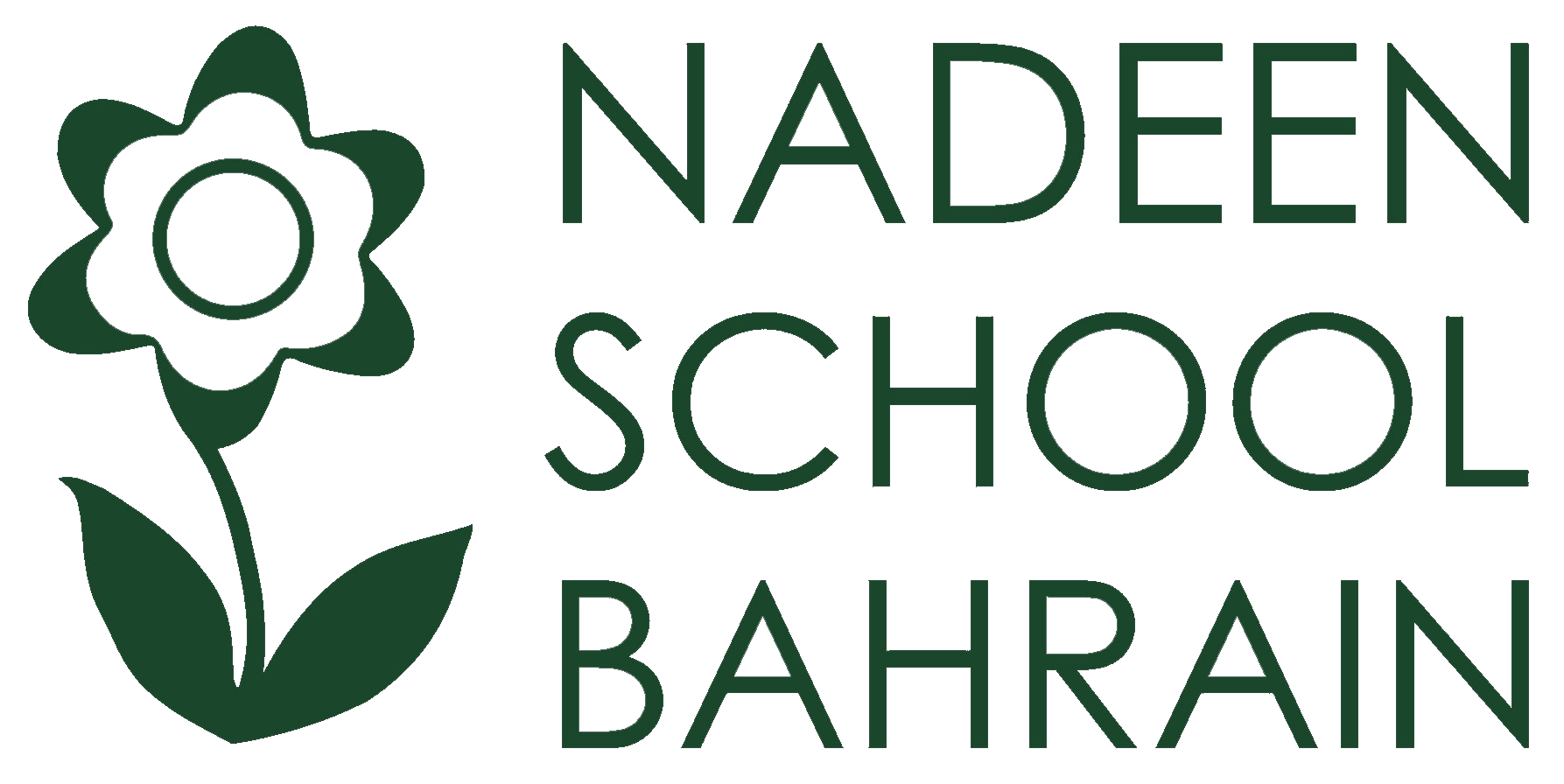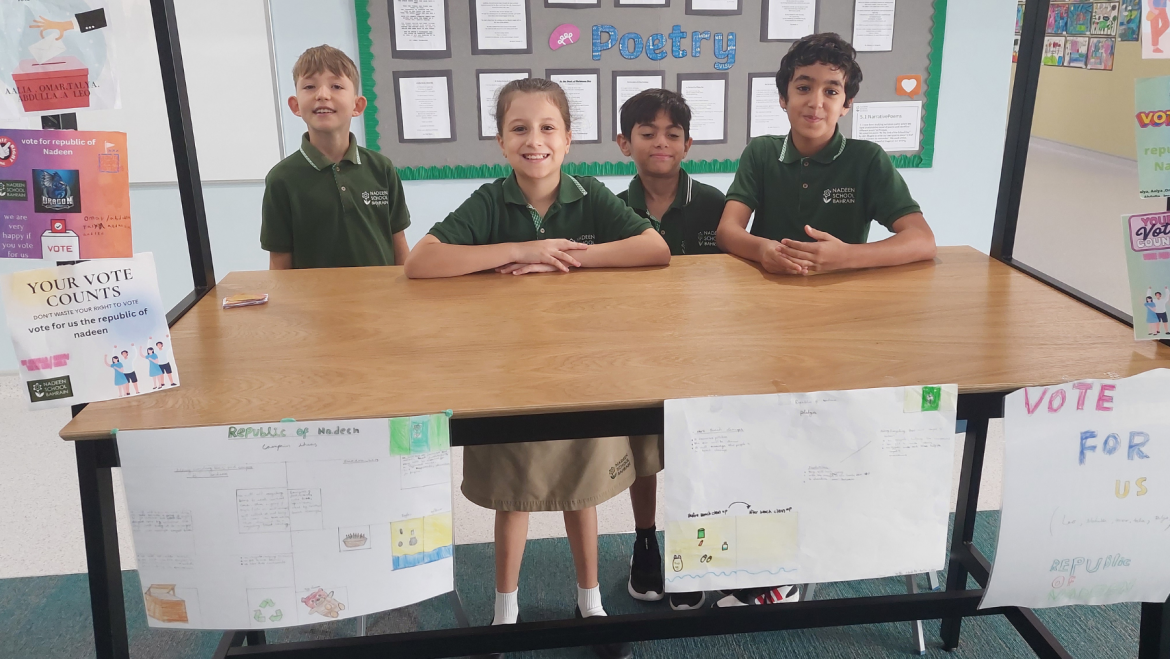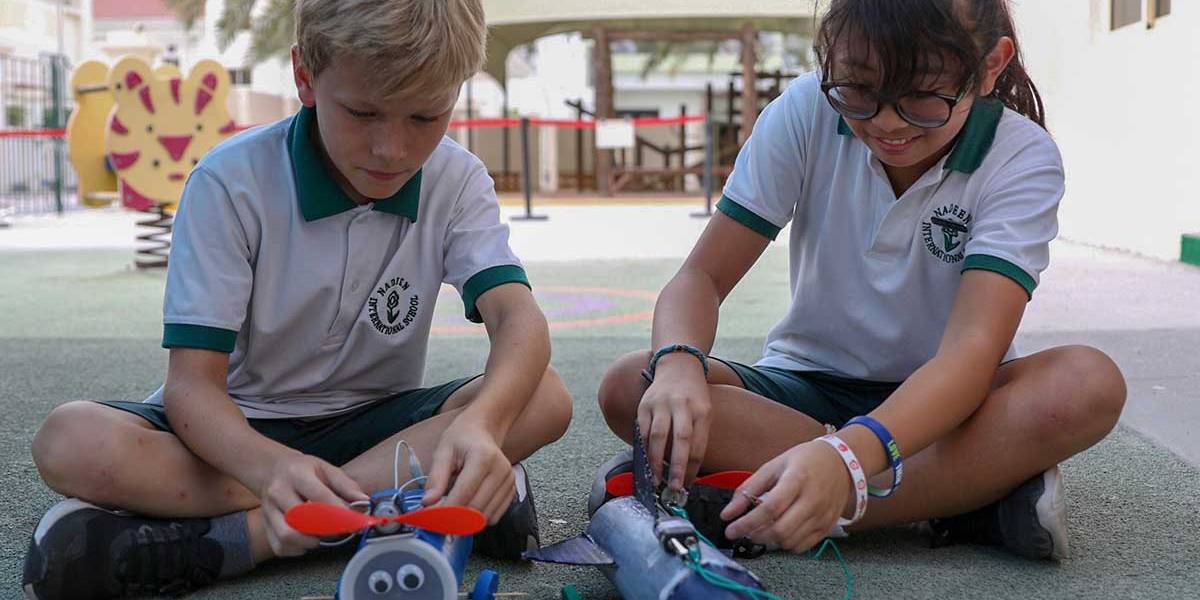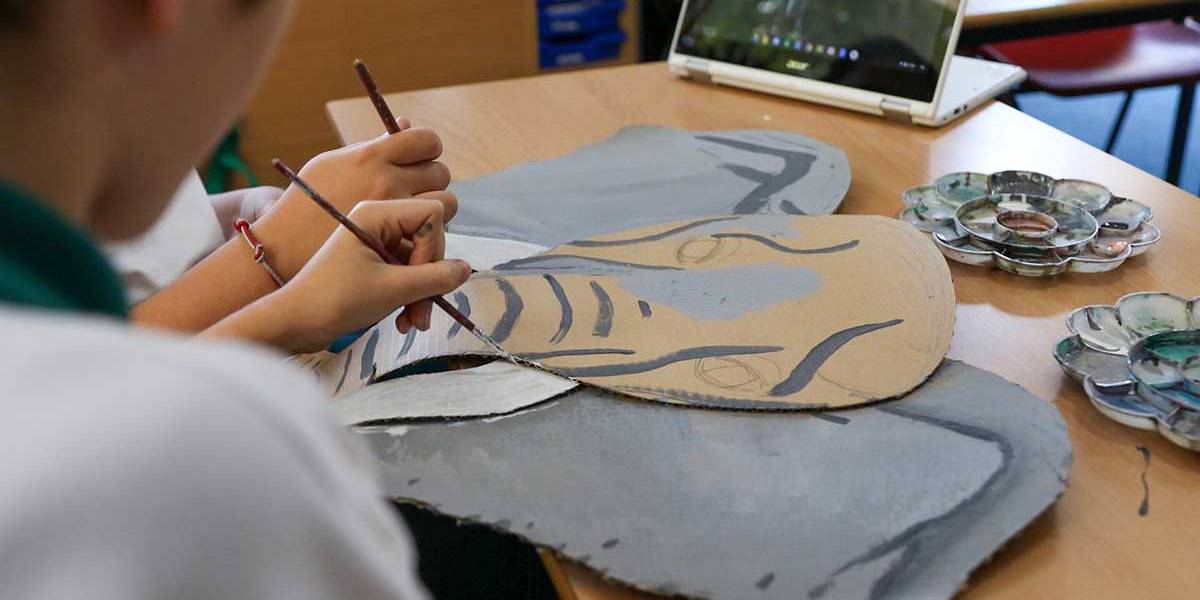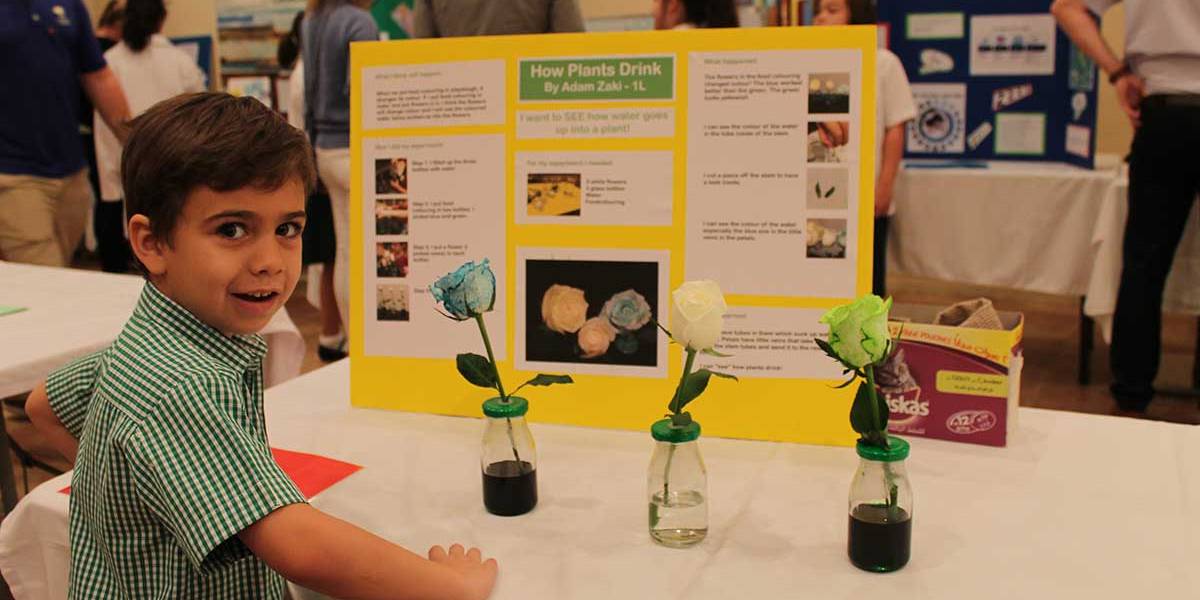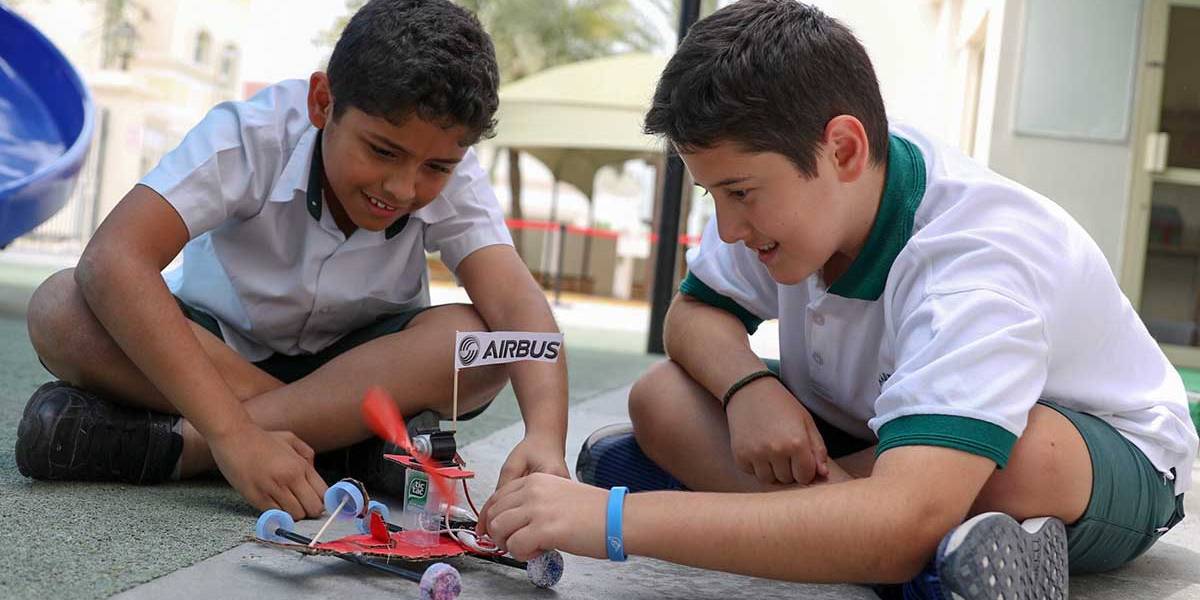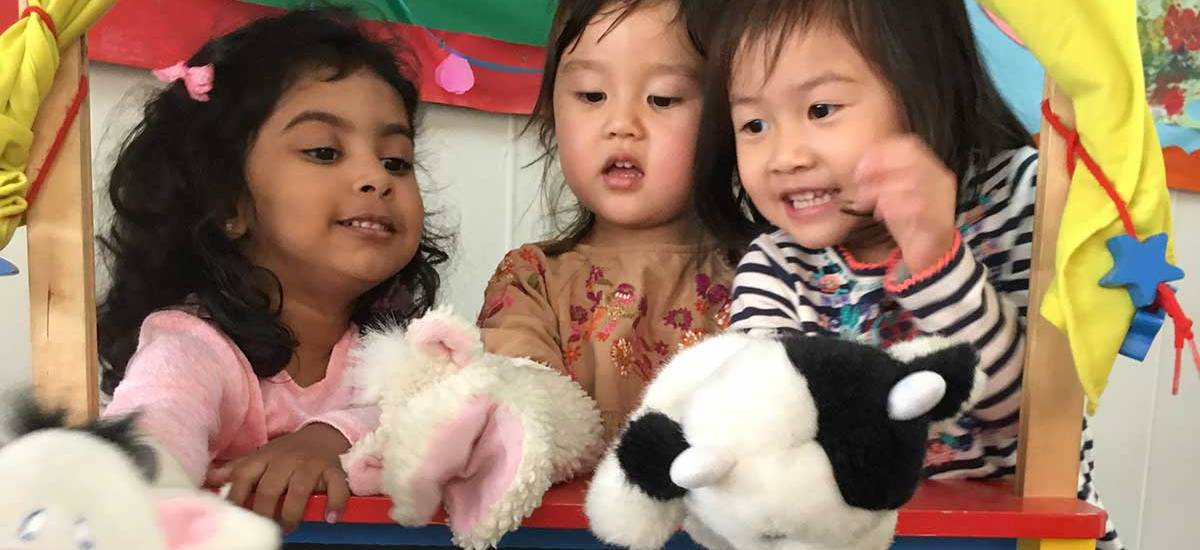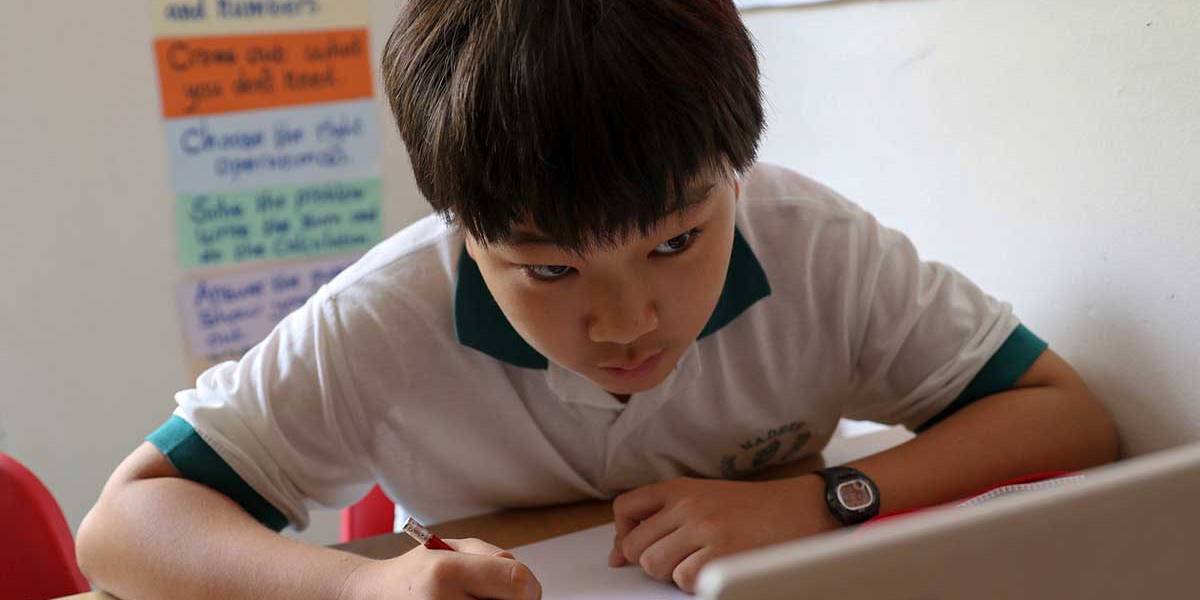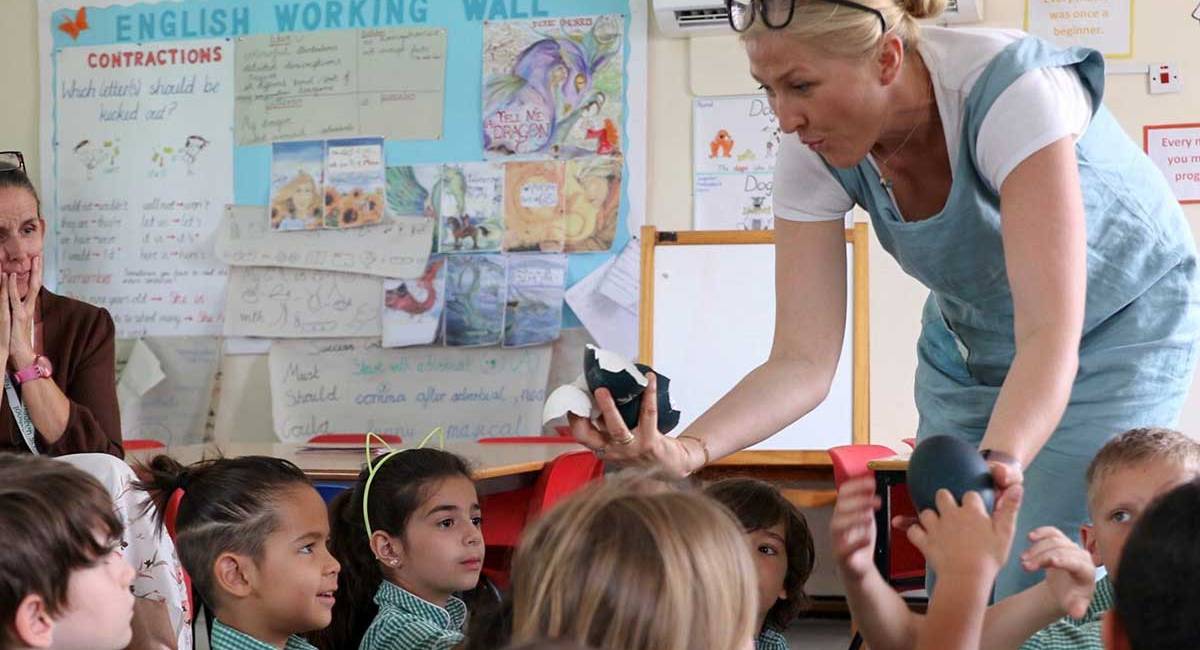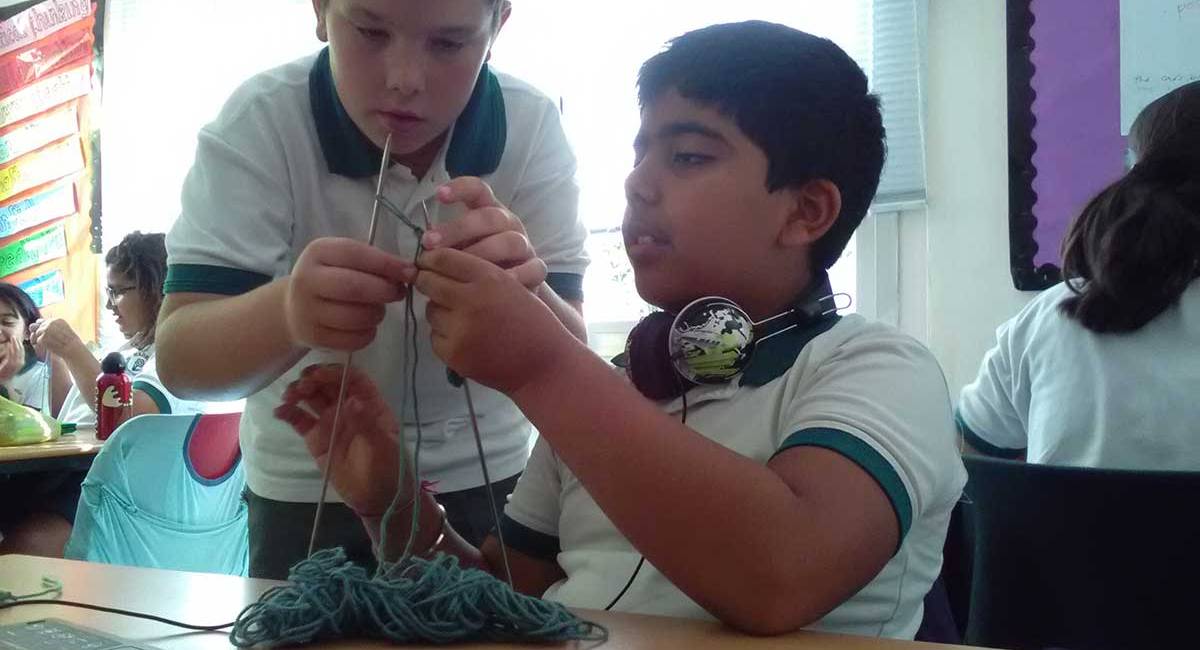Metacognition to drive student learning and achievement by Miss Sarah
Metacognition describes the processes involved when learners plan, monitor, evaluate and make changes to their own learning behaviours. Metacognition has two domains: knowledge and self-regulation. Metacognitive knowledge is the student’s knowledge of how to complete a task or use the strategies they know. Metacognitive regulation is how students monitor and control their learning for example when they try to solve a problem and their strategy doesn’t work, they try a new approach.
Metacognition is not only driven by the Cambridge Curriculum at Nadeen but it is also one of our ACPs from HPL. Myself and Miss Bonnie recently attended an excellent continuous professional development course on metacognition for primary Science and Maths provided by Sumbella Khan from Cambridge. We were thrilled to see that here in Nadeen we are already using many metacognitive strategies to help our learners succeed.
There are a myriad of benefits to explicitly teaching metacognition to students. These include increased academic performance (usually by 1.5 grades), students becoming active and independent learners, and disinterested learners becoming more engaged. Metacognition is not limited to one subject area, it can be utilised in all subjects and by all ages and it is low-cost to implement.
The metacognitive strategies used within Cambridge and Nadeen School include; enquiry-based learning, open-ended questioning, the sharing and analysis of success criteria, hooks for lessons, active learning, addressing misconceptions providing feedback opportunities that include time for reflection and reflective style questioning. These strategies are used throughout our curriculum here at Nadeen from as young as EYFS through to year 9. These are not limited to Science and IPC but are used throughout every subject taught.
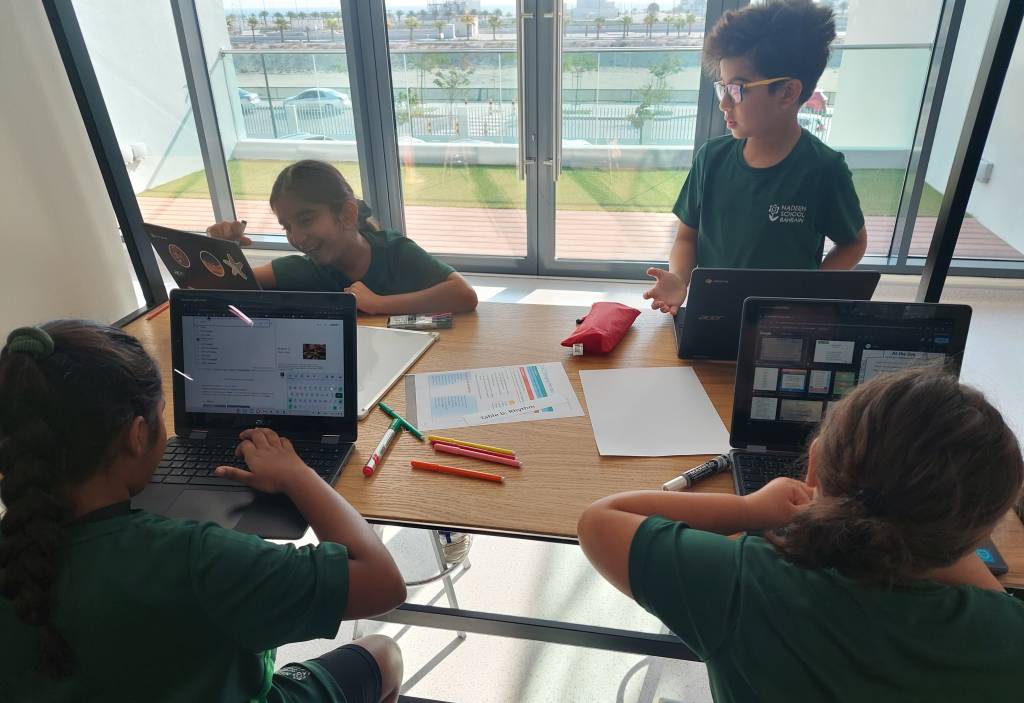
Promoting metacognitive talk is key. Teachers model this talk to their students and this helps students transfer strategies across all areas of the curriculum. Reciprocal teaching is an effective way of getting students to become teachers. They must model and teach strategies to their peers. The strategy of using exam wrappers allows students to reflect on how they did in a test. This reflection is not just on their score but on how they prepared, how they felt, and what could go better next time. This helps students reflect on the exam process and how they prepared for it. Thinking journals allow students to reflect on their learning, not just on a subject studied but on how all their learning is connected.
Utilising the power of metacognitive strategies is key to building successful, self-regulated and self-motivated learners. It gives students skills for life. Here at Nadeen, we strive to build these skills in our students.
“Metacognition is free. It doesn’t require an app or an update or a licence. All it requires is a brain and the courage to think for yourself.“
– By LouAnne Johnson.
